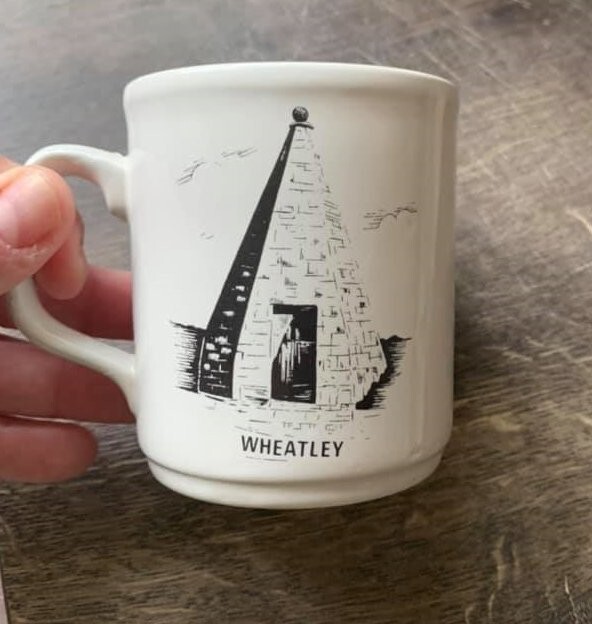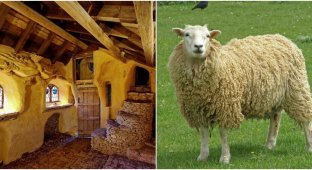Whitley Castle - a cozy sobering-up station of the Enlightenment era (8 photos)
Some citizens, having had too much alcohol, calmly fall asleep to the sleep of the righteous. And others become violent, terrorizing others, and can harm themselves and others. Accordingly, they clearly need to be isolated until they come to their senses. 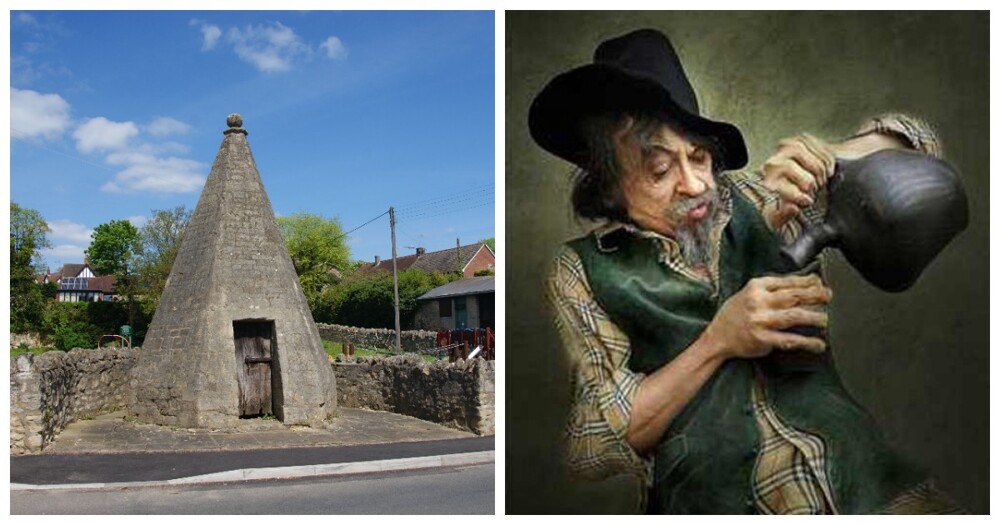
More than 100 years ago, rowdy drunks were kept in this charming pyramidal cell in Britain. But now here you can only get a suspended five-minute sentence. 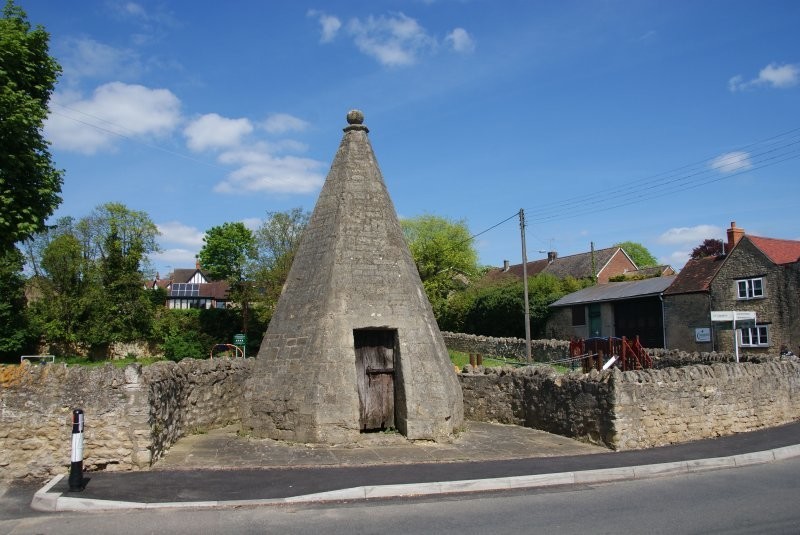
Built in 1834, the small castle in the village of Wheatley was once used to house many of the area's drunkards and rowdies. And now it has become an exotic attraction, where anyone can, of their own free will, become a prisoner of the original casemates for five minutes. 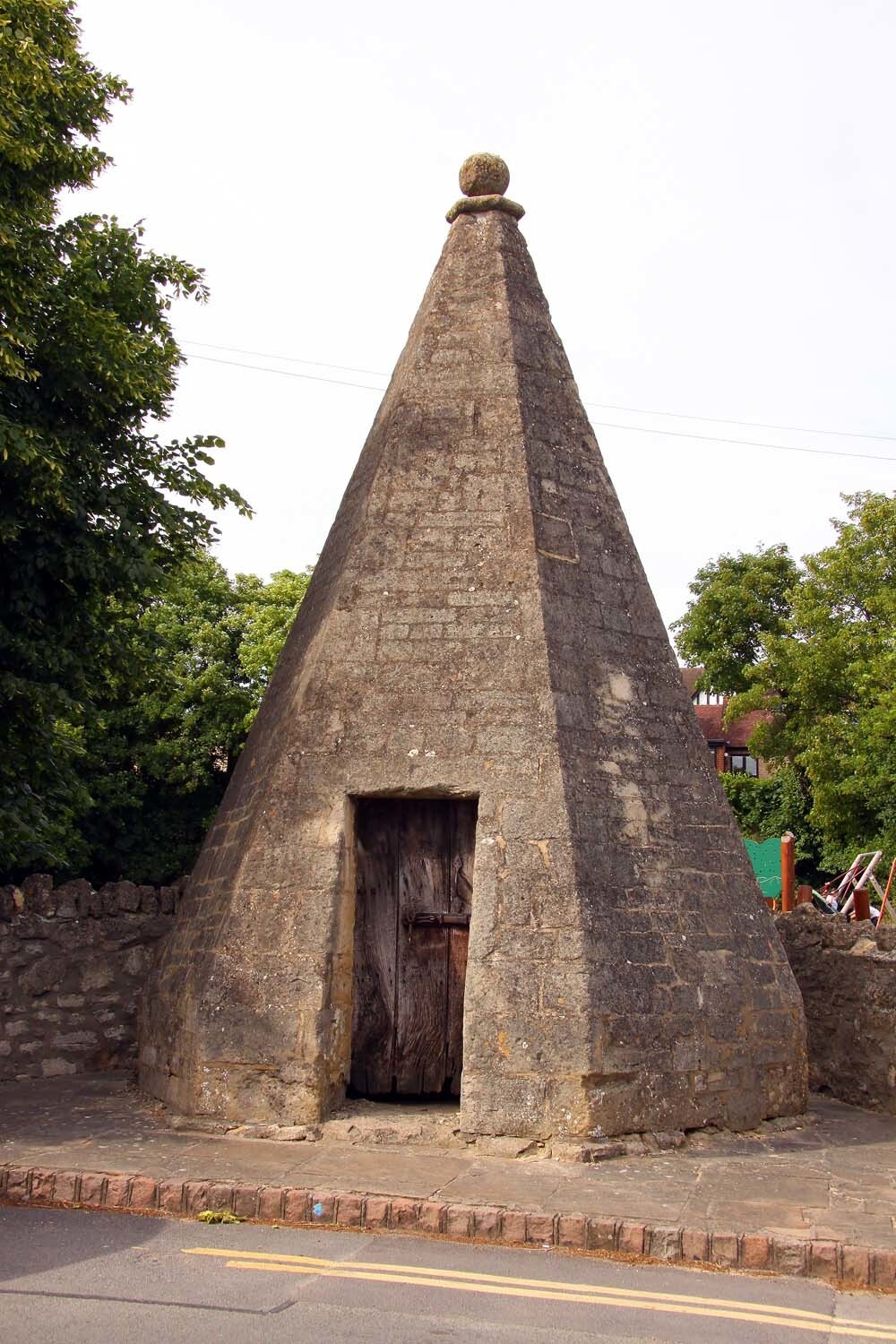
An interesting stone pyramid with six high sides and a spherical top stands out against the backdrop of a relatively small village. At one time there were at least ten bars in Wheatley for a fairly small population. Which, as expected, provoked a colossal number of drunkards. 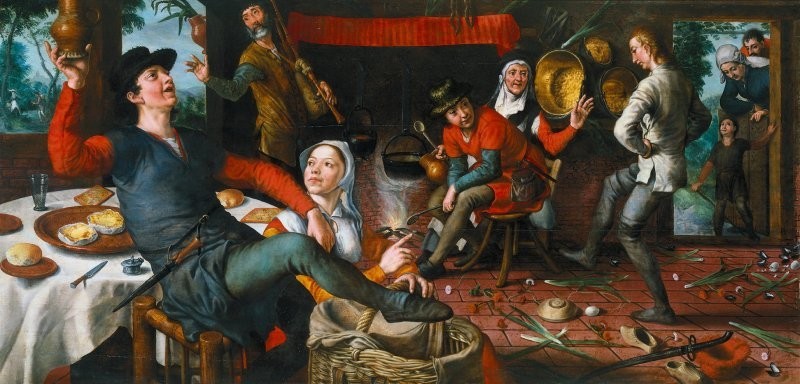
However, in the absence of their own courthouse, constables had to lead troublemakers to a small stone cell, where they were kept until they appeared in court the next day in nearby Oxford. 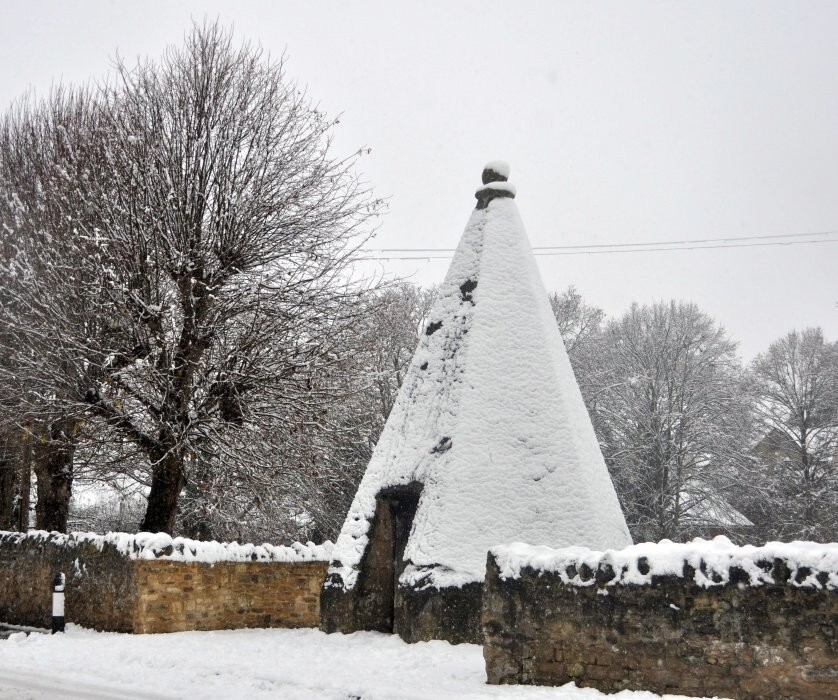
The small room was about 2.5 meters high and the floor area was only 1.8 meters. The door was made of thick wood with a strong iron lock, and it even had pads for the particularly violent. The windowless prison became the personification of the general decline in morality and ethics in the village. 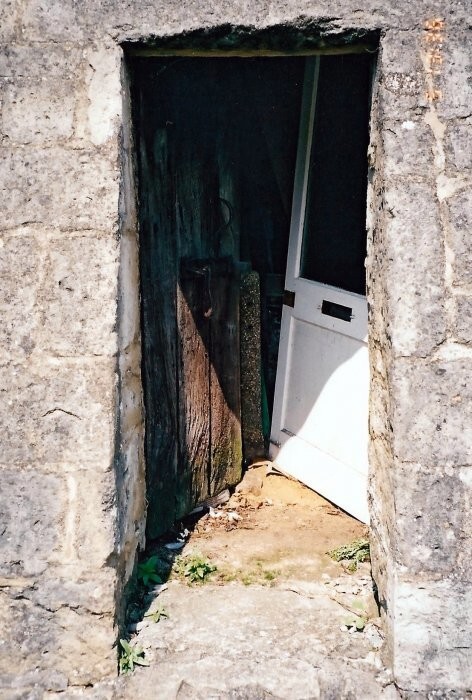
Today, Whitley's cell has been preserved in almost the same condition as in those days when drunken villagers were kept in it at night, and is a protected historical site. 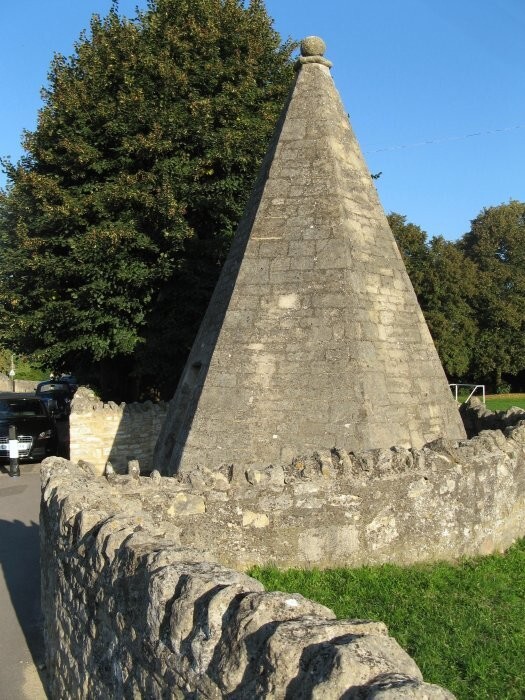
Although the indestructible door remains locked most of the year, once a year, on May Day, the chamber is opened to the public. Anyone who wants to experience what it was like to sleep in the 1800s can lock themselves in a dark cell for five unbearably long minutes, feeling like nocturnal troublemakers. After this, they even receive a certificate in memory of their courageous and, importantly, exclusively voluntary involvement in the criminal world. 